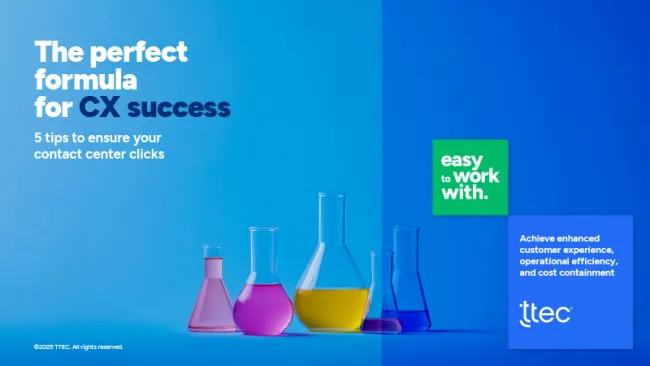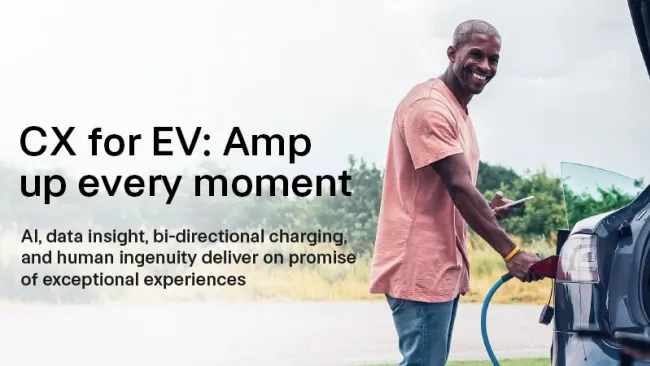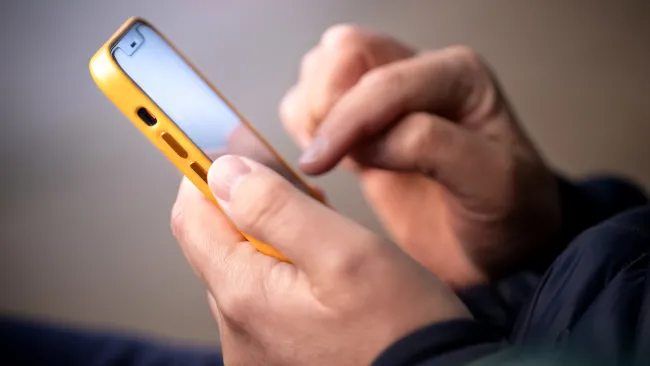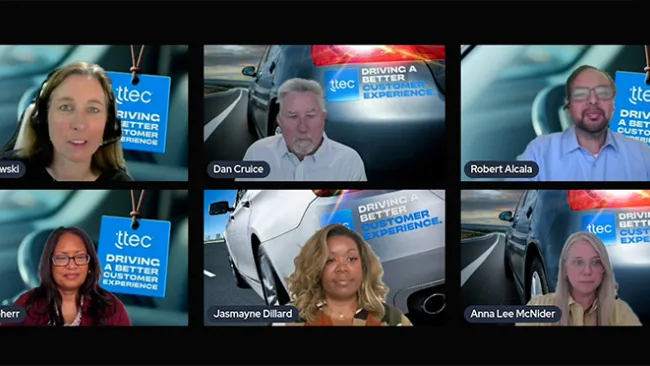New York City is a hub of startups. One subway ride reveals a rich tapestry of companies looking to disrupt nearly every industry. Being innovative is tough work and not every organization survives in the big city. According to the Small Business Association, over a quarter of new businesses fail during their first two years.
So, what does it take for a startup to thrive as a hypergrowth success story? Now entering their second year, brothers Daniel and Ben Mardkha are aiming to make their direct-to-consumer men’s wedding band service Marke NYC just as much about customer service as the product.
They’ve learned that showing they care for customers has a big influence on differentiating their business as a digitally native brand. We sat down with Daniel and Ben to discuss this and other customer service lessons learned that apply to businesses large and small.
What were some of the initial challenges of going direct to consumer (D2C)?
Daniel: The challenge obviously in any direct to consumer online-only business is trying to figure out a way to convince customers to buy your product online even though they can’t see, touch, or feel your item.
The first way we address that is with our home try-on kit, which is pretty much as close as we can get to bringing the in-store experience into someone’s living room. And thankfully we’ve had tremendous success with that kit.

The other hurdle is, and this was something that we’ve benefited from with our first business, is getting customer feedback. We have a nice review system and email marketing in place to capture as much feedback as we can. But there’s still frankly nothing quite like being able to stand across the counter in whatever business you’re in and get that instant feedback, then take that reaction and apply it to improve your overall brand experience.
We’re just over a year into business and we are constantly tinkering and experimenting with new approaches to improve our overall brand experience. But it’s still a little bit of a challenge to get those improvements out in time without having that instant feedback.
And we do our best; we work with a partner who’s been tremendous in helping us capture customer reviews and we’ve applied a lot of customer feedback directly into products, assortments, packaging, and our website. So that’s been helpful. But I guess if I had to list a couple of challenges with this model that would fall under that category.
It sounds like being a successful D2C brand is about balancing digital and human capabilities in customer service.
Daniel: We started playing around with live chat, chatbots, and sending customers a template message when they arrive to a certain page, so on and so forth. It’s been helpful and in some instances we’re able to anticipate what some customers might have challenges with. But on the other hand, there’s a little bit of a robotic feel behind the bot. It’s very easy to send a message that even if it’s a little off base, might really turn off your customer so when they read it they feel like, “Oh hey, I’m just another ant in the shoe box here.” That’s been the challenge with bots.
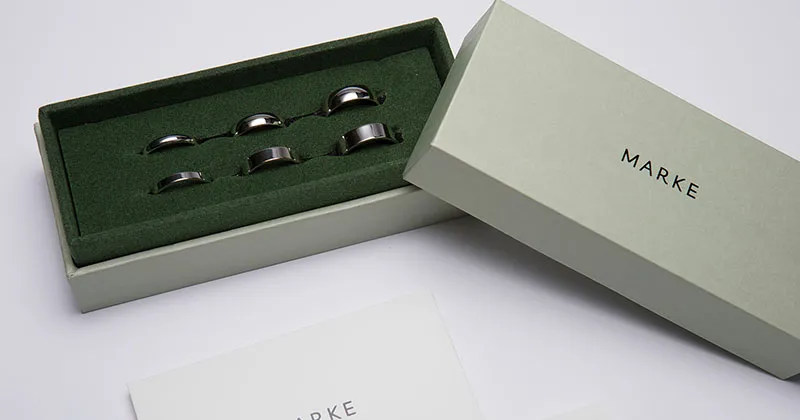
For our email marketing platform, we use Mailchimp, and we have it tailored pretty down to our system. Our customers receive a very specific type of email. When they order a home try-on kit, they receive another very specific type of email throughout the purchase process. So we’ve had a lot more success and value extracted from email marketing than from bots or from chat so far.
How do you manage helping customers through something as stressful as marriage?
Daniel: With weddings comes timelines, due dates, deadlines, and things like that. From a brand perspective, even if some customer requests go against your usual policy for certain things at a certain degree you have to have a human element to your customer service. You need to be able to cater to a customer whose ring doesn’t fit and swap it out for them as many times as you can. And even though it’s against your policy, you feel like it’s the right thing to do because it’s their wedding next week.
When it comes to the human element with our brand, you don’t want to be a brand that lets somebody down.
We’ve had to encounter a few customers that even if their request or comment was invalid or inconsistent with our Marke policies online, whether it be shipping, durability, or timing of the warranty, we’ve learned the hard way how the customer is always right to deal with situations like that. And us not having, quite frankly, any previous customer service experience and dealing with those customers directly one-on-one has played a part in creating some memorable moments over email.
We’ve also done a few popups in our Bryant Park [New York City] showroom and have taken in some appointments here at the HQ. Seeing some customers interact face-to-face has also created some interesting memories.
A pattern that we’ve established during those appointments is that whether the guy’s coming in with his partner, fiancé, or friend, they’re always looking for some confirmation, some support, and some advice from whomever they’re bringing in here to the office. What do they think looks good, what do they think doesn’t look good? Should I go with the yellow gold band? Should I go with the matte finish? Should I get a thinner band? So it definitely established a pattern where guys really do seek out help from whomever they feel is close to them.
What customer service lessons have you learned to share with other hypergrowth companies?
Daniel: The biggest customer service lesson that we’ve learned is patience. Especially if you’re a co-founder or part of the founding team members like Ben and I are, it’s very easy to kind of approach customer service as an afterthought. But you must realize that your customers are honestly going to turn into potential brand ambassadors someday.
This is especially true if you happen to be in the wedding business, because a lot of people have friends who are usually getting married at around the same time that you’re getting married. So it’s super important to leave a good impression on them, even during instances where you think they’re wrong because like I said, they’re going to potentially end up being brand ambassadors and there’s no more ideal visitor to come to your site than a referral.
What piece of advice would you give startups to create meaningful moments?
Ben: I think for startups in particular to make [customer service] meaningful to your customers is for the founders of that startup to actually spend some time and doing it themselves. A reason why I say that is because from personal experience there’s nothing like emailing somebody and trying to present the brand the way that you envisioned.
It’s one thing to have a customer service team member that you hire and you can train them to represent the brand in such a way. But I really feel like there’s nothing like a founder themselves talking to a potential customer just because there’s no better way to kind of cater to what that customer needs and to present the brand in any different way other than that.
Daniel: Hearing from the co-founders is something that customers have really kind of been attracted to. And what Ben and I have done has been to send out a personal email to past customers and ask their opinion and critique if they didn’t end up buying a wedding band, asking, “Hey guys, why not?” And we were shocked with how much feedback we got from those responses. And we’ve even made some plans to expand our assortment based on some customer replies.
It’s very easy to not care about one-time customers and to belittle the value of that, but we definitely feel otherwise.

